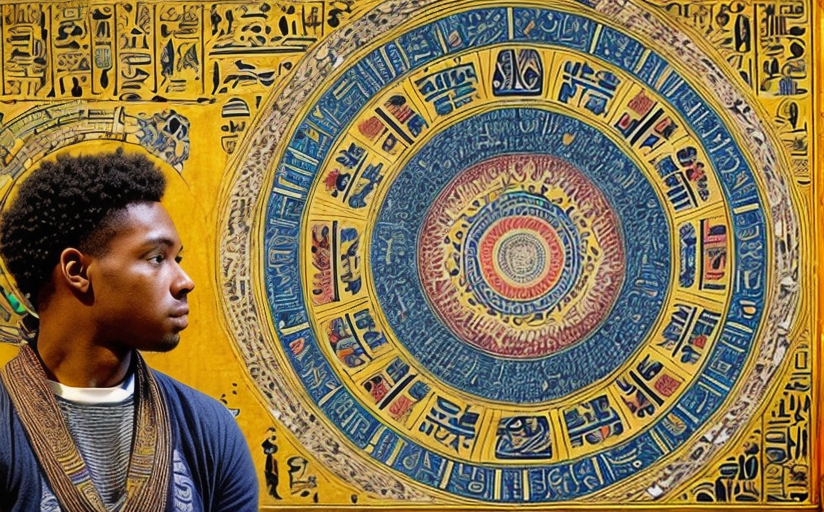The Impact of Cultural Perspectives on Storytelling in Literature
Literature has always been a powerful instrument for expressing human emotions, ideas, and experiences. Yet, one of its most vital functions lies in portraying cultural perspectives and the way these shape narratives, characters, plot, setting, and themes. This article aims to provide an extensive analysis of how cultural perspectives influence storytelling in literature and its significance to the audience's perception and interpretation.
Cultural Perspectives Shaping Narrative Elements
The story of literature is not isolated but is intrinsically connected to the culture it represents. For instance, distinct cultural realities marked Gabriel Garcia Marquez's work, such as 'One Hundred Years of Solitude', which reflects hallmarks of Latin American life. Similarly, Chinua Achebe's 'Things Fall Apart' presents pre-colonial African culture, reshaping how readers perceive Africa beyond stereotypes.
The Richness of Diverse Cultures in Literature
Infusing a variety of cultural backgrounds into storytelling boosts the depth and richness of the narrative. Khaled Hosseini's novels like 'The Kite Runner' and 'A Thousand Splendid Suns' provide readers with insight into Afghan culture, history, and social dynamics, thereby encouraging cross-cultural understanding. Amy Tan's 'The Joy Luck Club', on the other hand, credits the narrative's depth to the inclusion of Chinese-American experiences and struggles with cultural identity.
Pitfalls of Cultural Misrepresentation
However, slightly incorrect cultural portrayal can lead to compound misapprehensions. The Native American culture, for example, has been subjected to consistent misrepresentations in literature, creating a distorted image. Hence, it's critical for authors not just to rely on superficial or cliched aspects but to delve beneath the surface to ensure an authentic representation of culture.
Impact on Readers' Interpretation
The cultural perspectives in stories shape how readers interpret these narratives, prompting them to question and understand different societal norms and traditions. For instance, reading Arundhati Roy's 'The God of Small Things' enables readers to gain insight into the Indian caste system and its complexities, thereby broadening their worldviews.
The Evolving Landscape of Cultural Representation
There has been an encouraging surge of works that explore varied cultural perspectives, indicating a shift towards more diverse, inclusive literature. Cultural voices that were suppressed or overlooked are now being heard, leading to a more representative literary landscape. With the importance of diverse voices acknowledged, the future trajectory of literature is expected to become more inclusive, enriching the global storytelling fabric with a tapestry of cultural narratives.
In conclusion, cultural perspectives are indispensable for holistic, authentic storytelling. They help shape narratives, characters, and themes while contributing depth and richness to literature. As society steers towards a more blended and inclusive direction, it becomes vital to accurately represent cultural perspectives, driving a broader and deeper understanding of our multifaceted world.
















Comments
Leave a Comment